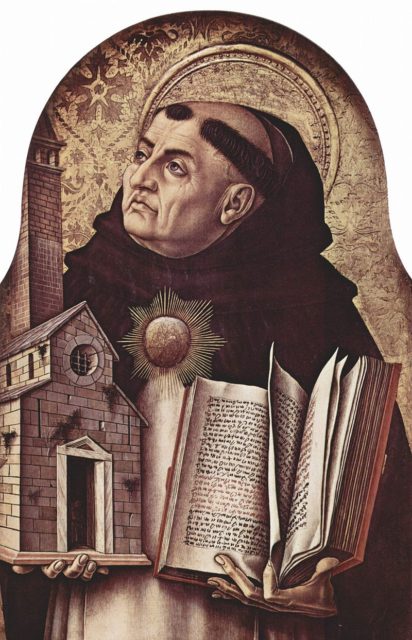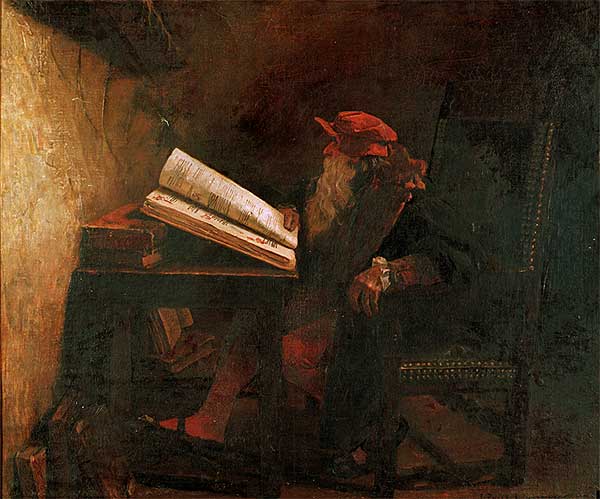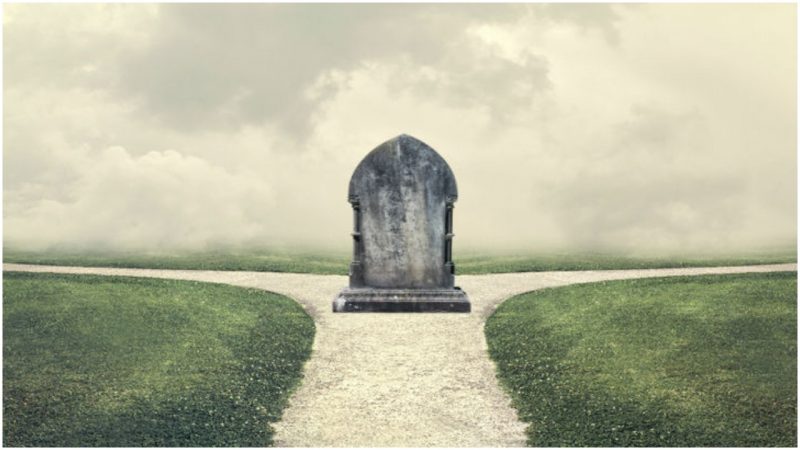The very idea that someone wants to take their own life is tragic and upsetting, yet this has been a common problem in our society.
One thing is for certain–no one in this world is born not wanting to live. The question that logically arises is why do some people decide to kill themselves? There is always more than one answer to this question. Common explanations include loneliness, pain, depression, abuse, hopelessness, or rejection, but suicide is a complex matter.
According to the World Health Organization, close to 800,000 people take their own lives every year, and many others attempt suicide. What is especially heartbreaking is the fact that suicide is the second leading cause of death among young people between the age of 15 and 29.
In today’s law, suicide is not considered a crime, and it is quite hard to imagine that someone would be punished for attempting suicide. It is viewed as a sad and unfortunate event, but it rarely has legal consequences.
However, in early English common law from around the mid-13th century, suicide was considered as felo de se, Latin for “felon on himself.” The person found guilty of it, even though dead, was subject to various punishments including forfeiture of property to the monarch and being given a profane burial.

by Carlo Crivelli (15th century).
This perception of suicide was influenced by the philosophy of Thomas Aquinas, the Italian philosopher and theologian, whose central argument is based on Augustine’s interpretation of the commandment “Thou shalt not kill:” “Augustine says (De Civ. Dei 1. 20) Hence it follows that the words ‘Thou shalt not kill’ refer to the killing of a man—not another man; therefore, not even thyself…” According to Aquinas’ writings, suicide is sinful for three reasons. First, killing oneself violated the divine order, as the decision whether a person should live or die is in the hands of God. Second, suicide was a crime against the community, because killing oneself harms the community. Third, the act of suicide is against natural law, because living beings have a tendency to preserve their own life.
A burial was considered “profane” after the body of the deceased was in any way desecrated to show disapproval of the person’s actions in life. Profane burials for people who committed felo de se usually took place at night, and people were even sometimes buried with a stake driven through their heart. They were never buried in a graveyard, but often at a crossroads, with no priests or mourners present.

Remote crossroads were chosen as burial sites because they usually marked the boundaries of a town or a parish. Those who committed suicide were posthumously excommunicated, so there was no place for them at the local graveyards.
Crossroads burials were also influenced by rich English folklore.
In folklore and mythology, crossroads represent limbo, a location between two worlds, and a site where supernatural forces can be contacted. Deals with the Devil were also said to be made at the crossroads: the legendary Faust supposedly concluded his deal with the Devil at a dark forest crossroads.

Through crossroads burial, people who committed suicide faced spiritual consequences for their actions: they were denied a proper burial in consecrated ground, which put their souls in jeopardy of being forever trapped in purgatory.
Crossroads burial was officially abolished by an Act of Parliament in 1823. The last such burial took place at the crossroads of Lower Grosvenor Place and Grosvenor Place in London, on the site which is now the bus station at Victoria Station in London.
